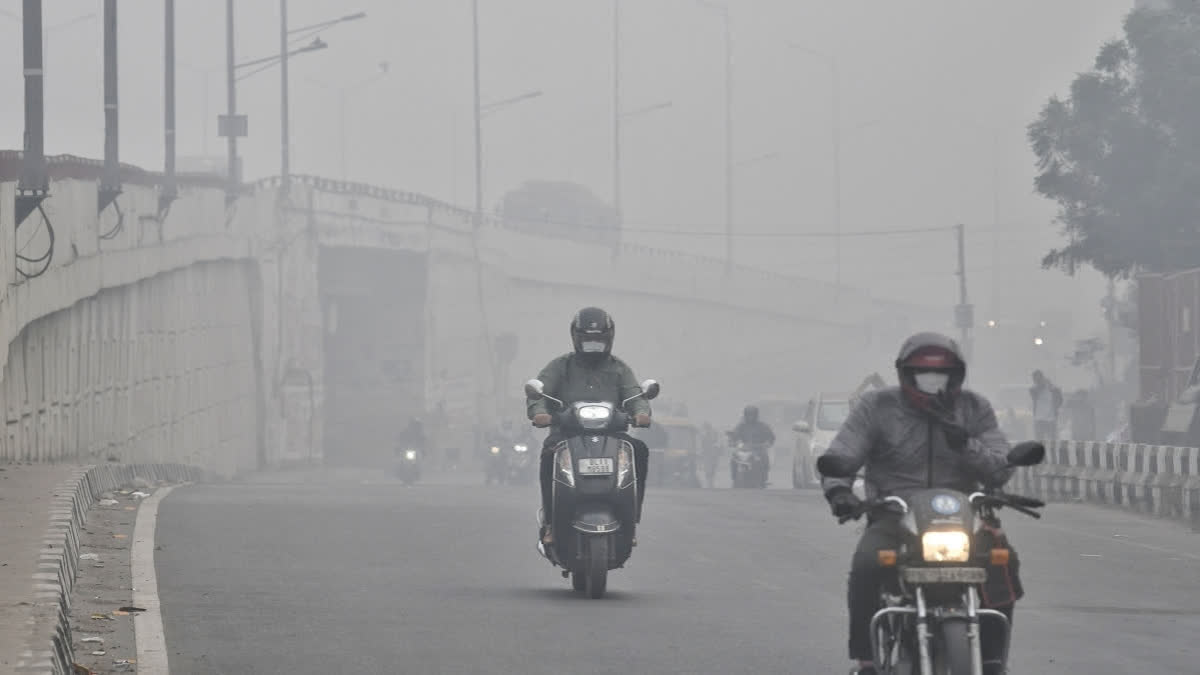New Delhi:Ninety-seven of the 130 cities targeted under the National Clean Air Programme have shown improvement in air quality as compared to 2017-18, with 55 recording more than 20 per cent reduction, the Environment Ministry said on Monday. Responding to a question in the Lok Sabha, Environment Minister Bhupendra Yadav said the National Clean Air Programme (NCAP) aims to reduce particulate matter (PM10) pollution by up to 40 per cent or achieving national air quality standards by 2025-26.
As of 2023-24, 97 of the 130 cities targeted have shown improvement in air quality as compared to 2017-18, with 55 recording reduction exceeding 20 per cent, the minister said. However, concerns about pollution remain in the coal mining regions, particularly in Jharkhand, he added.
Launched in January 2019 by the Ministry of Environment, Forest and Climate Change, NCAP covers 130 cities across 24 states and Union Territories. The programme has seen notable successes, with cities like Varanasi and Dhanbad achieving PM10 reductions of 68 per cent and 56 per cent, respectively, the ministry said.
These improvements have been supported by city-specific action plans targeting the sources of pollution such as vehicular emissions, road dust, and industrial pollution. Financial backing under the 15th Finance Commission's Air Quality Performance Grants has been instrumental, with Rs 11,211.13 crore allocated between 2019-20 and 2023-24.
This funding has been complemented by resources from Central and state government initiatives, including the Smart City Mission and the Swachh Bharat Mission. In Jharkhand, the government has undertaken specific measures to combat pollution caused by coal mining operations.
These include constructing greenbelt-protected coal transport roads, installing mechanised transportation systems, and implementing continuous air quality monitoring. However, despite these efforts, the challenges persist. For example, the key mining hubs of Dhanbad, Ranchi and Jamshedpur continue to struggle with pollution levels despite the allocation of Rs 279.44 crore under the NCAP for targeted interventions.
